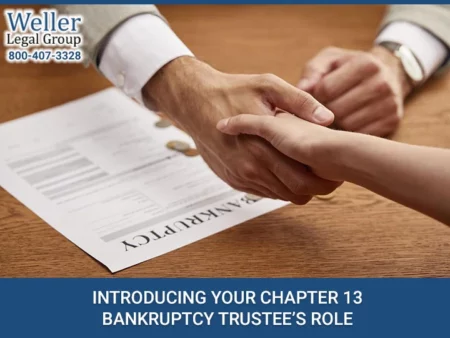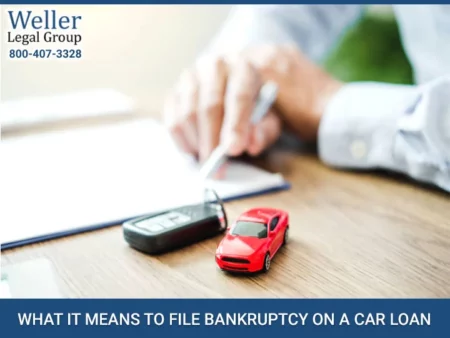Introducing Your Chapter 13 Bankruptcy Trustee’s Role
Undergoing a Chapter 13 bankruptcy is both stressful and time-consuming. You feel as though your life is in the court’s hands as they determine your disposable income and decide upon an amount that’ll be used towards repaying your debts over the next 3 to 5 years. They’re also the ones who will determine whether you can take out any more significant debt during this time. To help oversee these things, as well as others, you have a Trustee appointed to your case. What Your Chapter Read More +



